Refractometers
Refractometers for measuring light travel through various solutions. Products include sucrose refractometers, battery coolant and glycol refractometers, salinity refractometers and various others.
Find out more about Refractometers below.
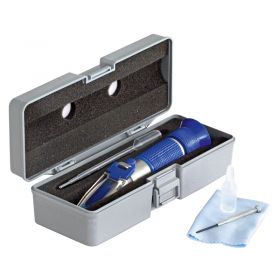
- Choice of model with different measurement ranges
- Designed for use in measuring brix (sugar) content
- Analogue style refractometer with integrated eyepiece
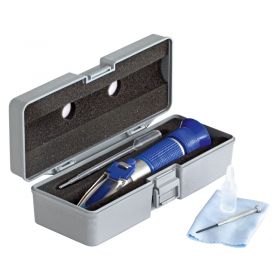
- Specifically designed for measuring salt content
- Analogue refractometer with comfortable eyepiece
- Choose your model! Different variations with different measurements available
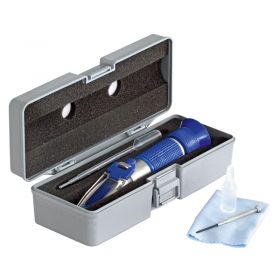
- Choice of model - different measurement ranges
- Specifically designed for use with fruit
- High accuracy, reliable analogue refractometer
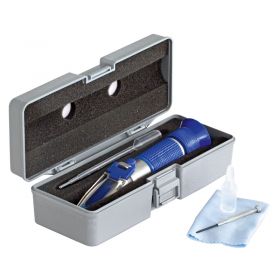
- Choice of with/without automatic temperature compensation
- Ideal for medical use, particularly in doping testing
- High accuracy
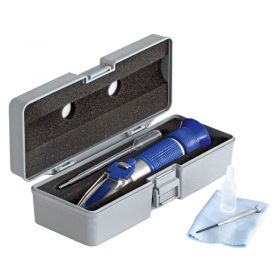
- Industrial-grade analogue refractometer for ethylene, propylene, fountain solution, battery fluid and more
- Choice of model with different functionality
- Automatic temperature compensation available on some models
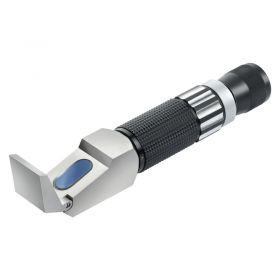
- Brix/refractive index versions
- Extra large measurement ranges
- High accuracy
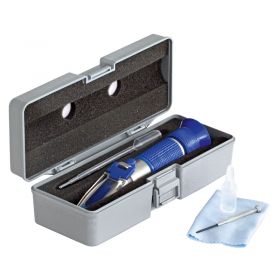
- Choice of four models
- High accuracy analogue refractometer for use with honey
- Optional automatic temperature compensation
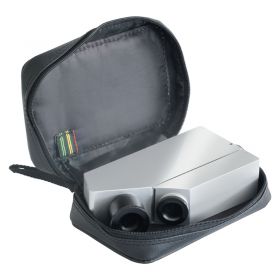
- Designed for use by jewellers
- Special high refractive index range
- Easy to use
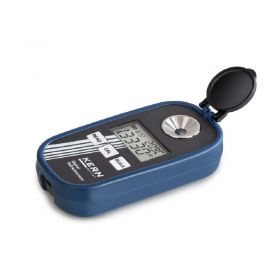
- Automatic Temperature Compensation (ATC)
- Large, easy-to-read display with temperature indication
- Two versions available with different measurement ranges
About Refractometers
As light bends through a substance, it can be then analysed using a refractometer to determine the exact properties, form, and concentration of that specific substance.
Refractometers are generally used in different forms of research such as gemmology, where measuring the way light bends through a particular gemstone allows the user to identify both the type of gem and the overall purity of the stone. They're also used quite commonly in the marine industry where identifying the way the light moves throughout the water in an aquarium allows testers to identify the salinity and specific gravity of the water, creating the perfect environment for marine life to live comfortably.
Most refractometers include a thermometer as a standard. This is because the refractive index (essentially the way the light is bending through a substance) can be affected by changes in temperature. Thanks to built-in thermometers - often with automatic temperature compensation - it is easy to maintain completely accurate testing.
The devices come in many different forms. While we stock mainly handheld and digital handheld products, there is also laboratory (Abbe) refractometers and inline process refractometers available on the market too.
The Abbe model is bench-mountable and used primarily in the laboratory for incredibly high-precision refraction testing. Inline process models are generally used inside fluid storage containers such as pipes/tanks to constantly monitor the refractive index of liquids passing through that particular area. This is extremely important in the processing industry as it depends entirely on substances being of the right consistency/type to produce multiple things such as paper, food, sugar, and medicines.


